Join the discussion on this paper page.
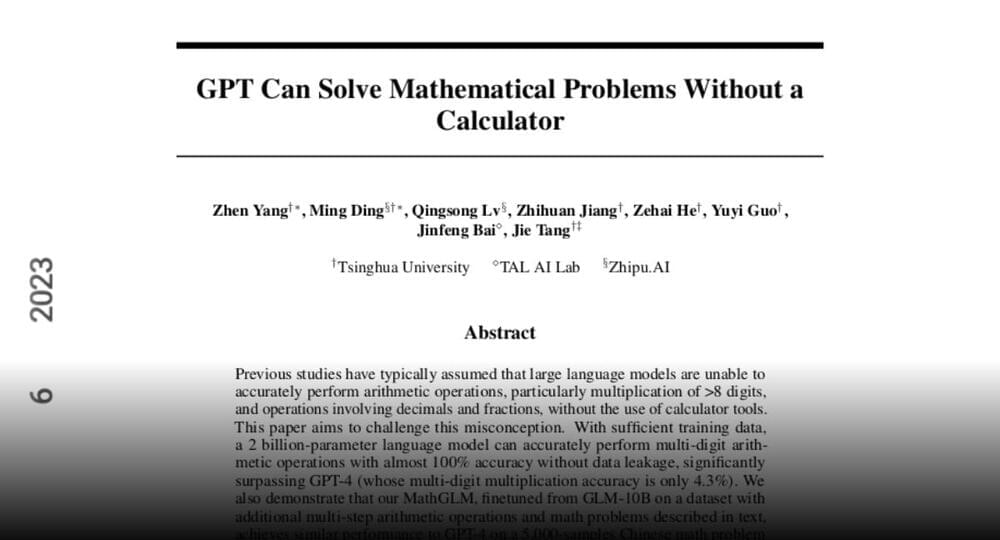


Summary: Researchers delved deep into the mysteries of synchronization in complex systems, uncovering how certain elements effortlessly fall into or out of sync. This dance of coordination can be observed from humans clapping in rhythm to the synchronicity of heart cells.
By studying “walks” through networks, the team discovered the role of convergent walks in diminishing the quality of synchronization. These findings could revolutionize our understanding of everything from power grid stability to brain functions and social media dynamics.
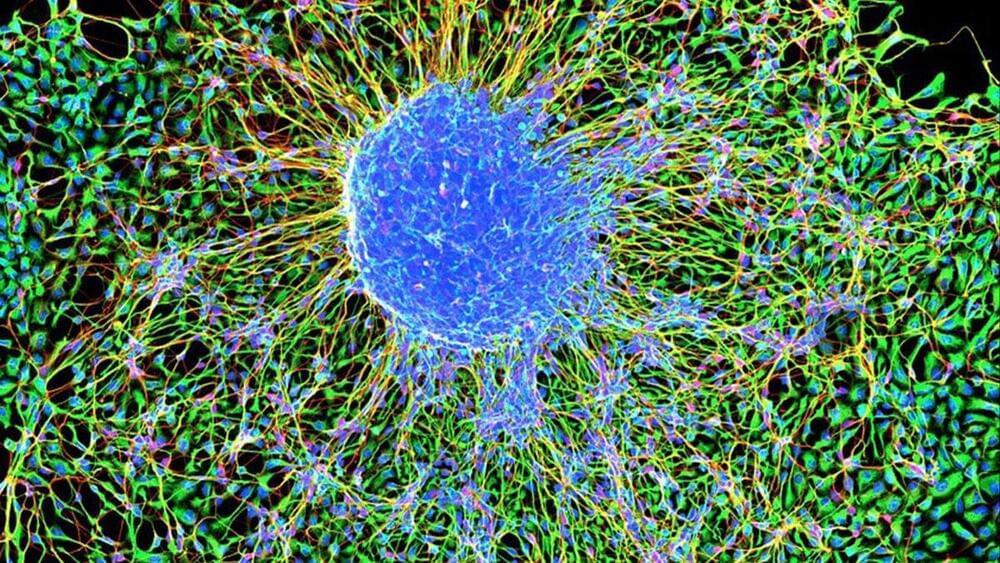
Diagonal Arguments are a powerful tool in maths, and appear in several different fundamental results, like Cantor’s original Diagonal argument proof (there exist uncountable sets, or “some infinities are bigger than other infinities”), Turing’s Halting Problem, Gödel’s incompleteness theorems, Russell’s Paradox, the Liar Paradox, and even the Y Combinator.
In this video, I try and motivate what a general diagonal argument looks like, from first principles. It should be accessible to anyone who’s comfortable with functions and sets.
The main result that I’m secretly building up towards is Lawvere’s theorem in Category Theory.
[https://link.springer.com/chapter/10.1007/BFb0080769]
with inspiration from this motivating paper by Yanofsky.
[https://www.jstor.org/stable/3109884].
This video will be followed by a more detailed video on just Gödel’s incompleteness theorems, building on the idea from this video.
====Timestamps====
00:00 Introduction.
00:59 A first look at uncountability.
05:04 Why generalise?
06:53 Mathematical patterns.
07:40 Working with functions and sets.
11:40 Second version of Cantor’s Proof.
13:40 Powersets and Cantor’s theorem in its generality.
15:38 Proof template of Diagonal Argument.
16:40 The world of Computers.
21:05 Gödel numbering.
23:05 An amazing program (setup of the Halting Problem)
25:05 Solution to the Halting Problem.
29:49 Comparing two diagonal arguments.
31:13 Lawvere’s theorem.
32:49 Diagonal function as a way for encoding self-reference.
35:11 Summary of video.
35:44 Bonus treat — Russell’s Paradox.
CORRECTIONS
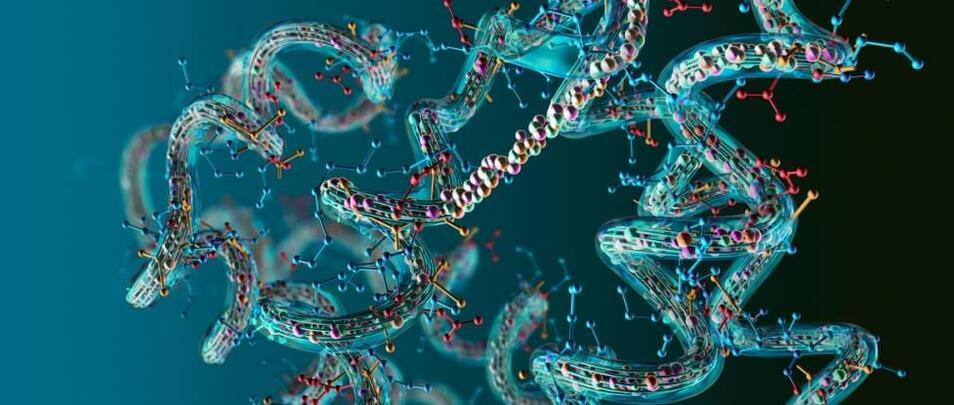
Mathematicians delight in the beauty of math that so many of us don’t see. But nature is a wonderful realm in which to observe beauty born out of mathematical relationships.
The natural world provides seemingly endless patterns underpinned by numbers – if we can recognize them.
Luckily for us, a motley team of researchers has just uncovered another striking connection between math and nature; between one of the purest forms of mathematics, number theory, and the mechanisms governing the evolution of life on molecular scales, genetics.
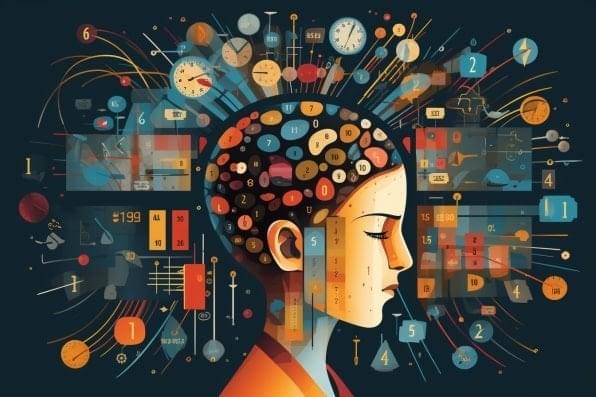
Summary: Researchers discovered that electrical noise stimulation to the frontal part of the brain can improve mathematical learning.
The study focused on those who initially showed low levels of brain excitation towards math. Unlike in placebo groups, unlike in placebo groups, a significant improvement in math skills was observed after the application of neurostimulation. This novel approach could revolutionize personalized learning.
Michael Levin is a Distinguished Professor in the Biology department at Tufts University. He holds the Vannevar Bush endowed Chair and serves as director of the Allen Discovery Center at Tufts and the Tufts Center for Regenerative and Developmental Biology. To explore the algorithms by which the biological world implemented complex adaptive behavior, he got dual B.S. degrees, in CS and in Biology and then received a PhD from Harvard University. He did post-doctoral training at Harvard Medical School, where he began to uncover a new bioelectric language by which cells coordinate their activity during embryogenesis. The Levin Lab works at the intersection of developmental biology, artificial life, bioengineering, synthetic morphology, and cognitive science.
✅EPISODE LINKS:
👉Round 1: https://youtu.be/v6gp-ORTBlU
👉Mike’s Website: https://drmichaellevin.org/
👉New Website: https://thoughtforms.life.
👉Mike’s Twitter: https://twitter.com/drmichaellevin.
👉Mike’s YouTube: https://youtube.com/@drmichaellevin.
👉Mike’s Publications: https://tinyurl.com/yc388vvk.
👉The Well: https://www.youtube.com/watch?v=0a3xg4M9Oa8 & https://youtu.be/XHMyKOpiYjk.
👉Aeon Essays: https://aeon.co/users/michael-levin.
✅TIMESTAMPS:
0:00 – Introduction.
1:27 – The Prisoner’s Dilemma (Game Theory applied to Life)
7:55 – Computational Boundary of the Self.
10:17 – “Goal States” & “Cognitive Light Cones”
13:55 – To Naturalise Cognition.
19:00 – The Hard Problem of Consciousness.
23:10 – Defining Consciousness.
27:14 – The Field of Diverse Intelligence.
43:25 – Who inspired Mike within his field.
46:52 – Is Mike a Panpsychist?
52:09 – Thoughts on Illusionism.
55:44 – Links to IIT
57:56 – Technological Approach to Mind Everywhere (TAME 2.0)
1:02:14 – Proof of Humanity Certification.
1:10:00 – Phase Transitions in Mathematics.
1:15:26 – Bioelectric Medicine.
1:21:06 – Can Cells Think? What is the Self? Is Man a Machine?
1:28:55 – Metacognition & Cloning.
1:35:49 – Teleology, Teleonomy & Teleophobia.
1:50:08 – All Intelligence is Collective Intelligence.
1:54:33 — Conclusion.
Video Title: What is The Field of Diverse Intelligence? Hacking the Spectrum of Mind & Matter | Michael Levin.
🔔Ready to change the way you think about the mind-body dichotomy? Join Dr. Tevin Naidu on a quest to conquer the mind-body problem. Subscribe and take one step closer to the Mind-Body Solution: https://t.ly/ASNw6
⭐ ⭐ ⭐ ⭐ ⭐ Audio Podcast is currently on your favorite platforms:
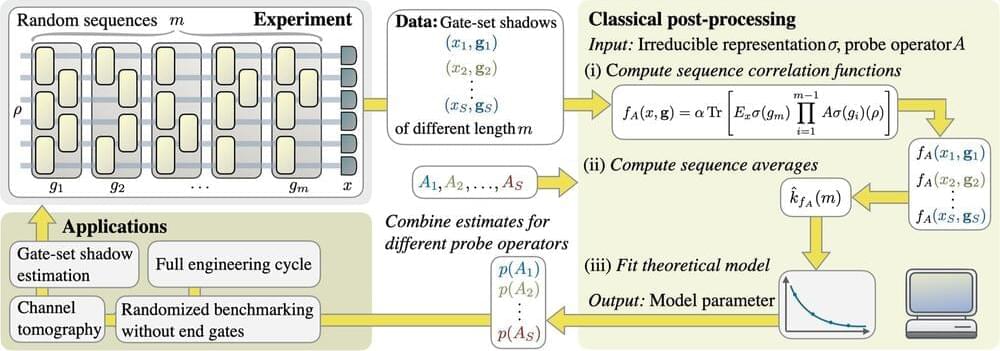
Quantum technologies—and quantum computers in particular—have the potential to shape the development of technology in the future. Scientists believe that quantum computers will help them solve problems that even the fastest supercomputers are unable to handle yet. Large international IT companies and countries like the United States and China have been making significant investments in the development of this technology. But because quantum computers are based on different laws of physics than conventional computers, laptops, and smartphones, they are more susceptible to malfunction.
An interdisciplinary research team led by Professor Jens Eisert, a physicist at Freie Universität Berlin, has now found ways of testing the quality of quantum computers. Their study on the subject was recently published in the scientific journal Nature Communications. These scientific quality control tests incorporate methods from physics, computer science, and mathematics.
Quantum physicist at Freie Universität Berlin and author of the study, Professor Jens Eisert, explains the science behind the research. “Quantum computers work on the basis of quantum mechanical laws of physics, in which individual atoms or ions are used as computational units—or to put it another way—controlled, minuscule physical systems. What is extraordinary about these computers of the future is that at this level, nature functions extremely and radically differently from our everyday experience of the world and how we know and perceive it.”
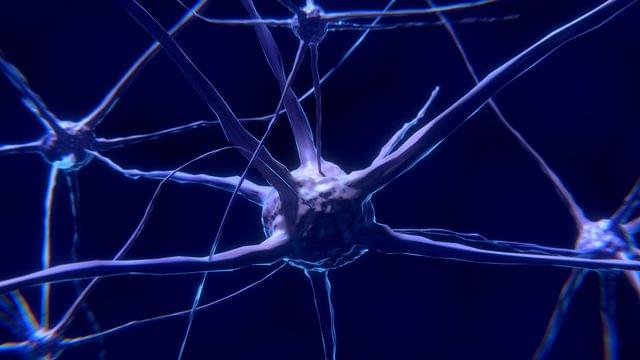
HBP researchers from Forschungszentrum Jülich and the University of Cologne (Germany) have uncovered how neuron densities are distributed across and within cortical areas in the mammalian brain. They have unveiled a fundamental organisational principle of cortical cytoarchitecture: the ubiquitous lognormal distribution of neuron densities.
Numbers of neurons and their spatial arrangement play a crucial role in shaping the brain’s structure and function. Yet, despite the wealth of available cytoarchitectonic data, the statistical distributions of neuron densities remain largely undescribed. The new HBP study, published in Cerebral Cortex, advances our understanding of the organisation of mammalian brains.
The team based their investigations on nine publicly available datasets of seven species: mouse, marmoset, macaque, galago, owl monkey, baboon and human. After analysing the cortical areas of each, they found that neuron densities within these areas follow a consistent pattern – a lognormal distribution. This suggests a fundamental organisational principle underlying the densities of neurons in the mammalian brain.

In their 1982 paper, Fredkin and Toffoli had begun developing their work on reversible computation in a rather different direction. It started with a seemingly frivolous analogy: a billiard table. They showed how mathematical computations could be represented by fully reversible billiard-ball interactions, assuming a frictionless table and balls interacting without friction.
This physical manifestation of the reversible concept grew from Toffoli’s idea that computational concepts could be a better way to encapsulate physics than the differential equations conventionally used to describe motion and change. Fredkin took things even further, concluding that the whole Universe could actually be seen as a kind of computer. In his view, it was a ‘cellular automaton’: a collection of computational bits, or cells, that can flip states according to a defined set of rules determined by the states of the cells around them. Over time, these simple rules can give rise to all the complexities of the cosmos — even life.
He wasn’t the first to play with such ideas. Konrad Zuse — a German civil engineer who, before the Second World War, had developed one of the first programmable computers — suggested in his 1969 book Calculating Space that the Universe could be viewed as a classical digital cellular automaton. Fredkin and his associates developed the concept with intense focus, spending years searching for examples of how simple computational rules could generate all the phenomena associated with subatomic particles and forces3.